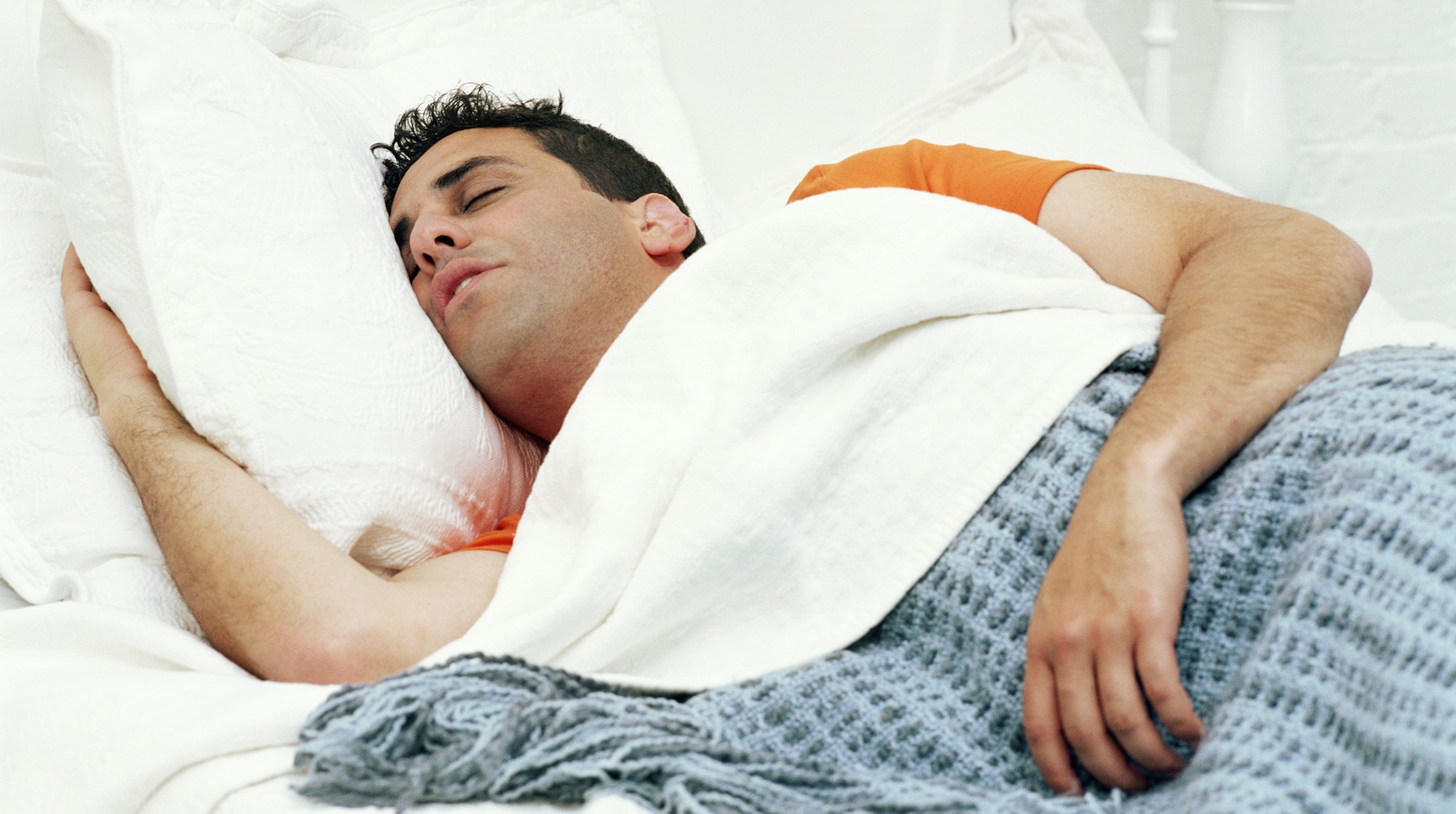Each week, OMRF Vice President of Research Dr. Rod McEver opens “Adam’s Journal” to answer a medical question from Adam Cohen, OMRF’s senior vice president & general counsel and interim president.
Adam’s Journal
As I’ve grown older (I’m 53), I’ve noticed that I seem to be sleeping less. In particular, I tend to wake in the night and also to get up earlier. Do our bodies need less sleep as we grow older?
Dr. McEver Prescribes
It should come as no surprise that children, whose bodies are growing, require more sleep than adults. But once we stop growing at the age of 20 or so, our sleep needs to stabilize.
It is true that research has shown that, as we move through adulthood, total sleep time, amount of deep sleep, and sleep efficiency (time spent sleeping relative to the amount of time spent in bed) all progressively decrease.
Still, don’t get confused. Just because we’re less able to sleep as we age doesn’t mean we need less sleep.
Measuring the “need” for sleep is, understandably, quite difficult. But there is a strong consensus among sleep experts that our bodies continue to require just as much shuteye in our later years as we did in our 20s and 30s.
The loss of sleep you describe is commonplace, with multiple studies finding that total sleep time decreases about 10 minutes per decade as we age. The reasons are as varied as we are.
Work stress, relationship issues, financial problems or the loss of a loved one can trigger insomnia, as can health-related problems like sleep apnea, restless leg syndrome, chronic pain, gastroesophageal reflux disease (GERD) and a variety of other conditions. Other, less sinister culprits include ill-timed consumption of caffeine and alcohol and exposure to light from screens.
Research has found that simple practices can often remedy nonmedical causes of sleep loss. This means following rules like getting up at the same time every day, going to bed only when sleepy, and not staying in bed any time you’re not sleeping. Not surprisingly, exercising daily and avoiding late-night caffeine, alcohol use, and use of screens also helps.
Getting adequate sleep is important at every stage of life, as sleep deficits contribute to problems ranging from depression and decreased memory and cognition skills to higher rates of accidents and falls. So, making efforts to improve your sleep is a worthwhile investment in your health and wellbeing.
–
Do you have a health query for Dr. McEver? Email contact@omrf.org and your question may be answered in a future column!



